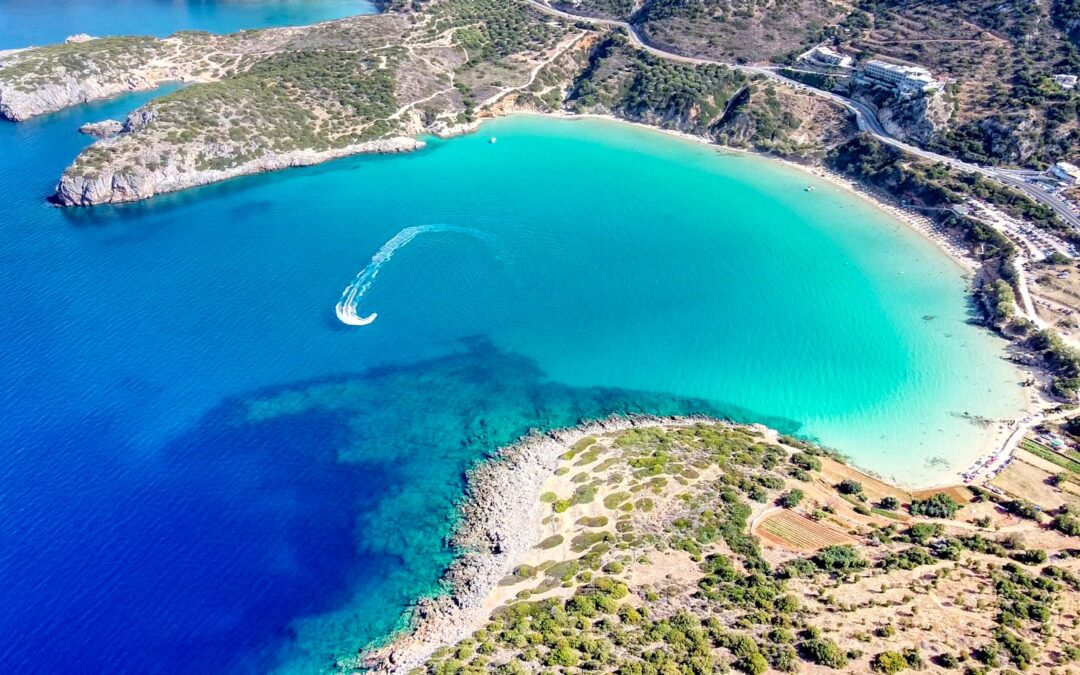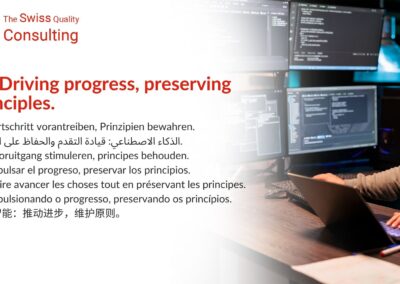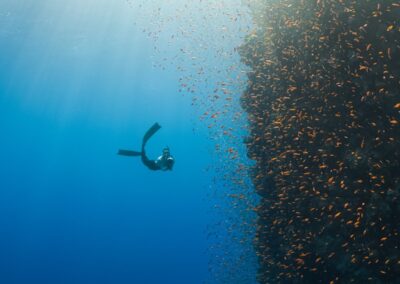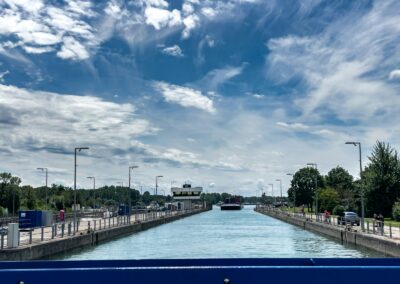The Role of Sustainable Tourism in Environmental Conservation
Preserving Natural Resources through Sustainable Tourism
Sustainable tourism is playing a critical role in preserving natural resources, particularly in regions like Saudi Arabia and the UAE, where tourism is a significant economic driver. By adopting sustainable practices, these countries are ensuring that their natural and cultural heritage is protected for future generations. Sustainable tourism focuses on minimizing the environmental impact of tourism activities, conserving biodiversity, and promoting the sustainable use of resources. This approach is vital for maintaining the ecological balance and ensuring the long-term viability of tourism destinations.
In Saudi Arabia, initiatives such as the Red Sea Project are at the forefront of sustainable tourism. This project aims to create a luxury tourism destination that sets new standards in sustainability, conservation, and the use of renewable energy. By integrating cutting-edge technologies and sustainable practices, Saudi Arabia is positioning itself as a leader in sustainable tourism, showcasing its commitment to preserving natural resources while promoting economic growth. Similarly, the UAE is investing heavily in sustainable tourism through initiatives like the Dubai Sustainable Tourism (DST) program, which aims to reduce the carbon footprint of the tourism sector and promote sustainable practices among industry stakeholders.
Sustainable tourism practices also involve educating tourists about the importance of conservation and responsible travel. By raising awareness and promoting eco-friendly behaviors, tourism destinations can encourage visitors to contribute to conservation efforts. This holistic approach not only helps in preserving natural resources but also enhances the overall travel experience, making it more meaningful and impactful for tourists.
Driving Innovation in the Travel Industry
Sustainable tourism is a catalyst for innovation in the travel industry, driving the development of new technologies and business models that prioritize environmental and social responsibility. In regions like Riyadh and Dubai, the adoption of sustainable practices is fostering a culture of innovation, where businesses are constantly exploring new ways to reduce their environmental impact and enhance their sustainability credentials. This trend is leading to the emergence of innovative solutions that are transforming the travel industry.
One of the key areas of innovation is the use of Artificial Intelligence (AI) and Blockchain technology to enhance sustainability in tourism. AI can optimize resource use, reduce waste, and improve energy efficiency in hotels, transportation, and other tourism-related services. For instance, AI-driven systems can manage energy consumption in hotels by adjusting lighting and temperature based on occupancy, thereby reducing energy waste. Blockchain technology, on the other hand, provides transparency and traceability in the supply chain, ensuring that tourism services and products are sustainably sourced and produced.
The Metaverse and Generative Artificial Intelligence are also driving innovation in sustainable tourism. Virtual reality (VR) and augmented reality (AR) technologies allow tourists to experience destinations virtually, reducing the need for physical travel and its associated environmental impact. These technologies can provide immersive experiences that educate and inspire tourists about conservation efforts and sustainable practices. Additionally, generative AI can create personalized travel itineraries that prioritize eco-friendly activities and accommodations, making sustainable travel more accessible and appealing to a broader audience.
Leadership and Management Skills in Promoting Sustainable Tourism
Effective leadership and management skills are crucial for promoting sustainable tourism and driving innovation in the travel industry. Business executives, mid-level managers, and entrepreneurs in Saudi Arabia and the UAE are increasingly recognizing the importance of integrating sustainability into their business strategies. This requires a comprehensive understanding of change management, effective communication, and management consulting to successfully implement sustainable practices and achieve business success.
Executive coaching services can play a significant role in developing the leadership skills needed to drive sustainable tourism initiatives. Through tailored coaching programs, leaders can learn how to inspire and motivate their teams, manage change effectively, and make informed decisions that balance economic performance with environmental responsibility. This approach not only enhances the company’s sustainability efforts but also strengthens its overall leadership and management capabilities.
Moreover, fostering a culture of effective communication within the organization is essential for promoting sustainable tourism. Clear and consistent communication helps build a shared understanding of the company’s sustainability objectives and the steps needed to achieve them. By encouraging open dialogue and collaboration, companies can engage employees at all levels, encouraging them to contribute ideas and take ownership of sustainability initiatives.
#SustainableTourism #NaturalResources #TravelIndustryInnovation #EnvironmentalConservation #SaudiArabia #UAE #Riyadh #Dubai #ChangeManagement #ExecutiveCoaching #EffectiveCommunication #BusinessSuccess #ManagementConsulting #ArtificialIntelligence #Blockchain #TheMetaverse #GenerativeAI #LeadershipSkills #ProjectManagement























